Osteoporosis- Symptoms, Dietary Tips & Management
Osteoporosis means "porous bone" which is a skeletal disorder. Osteoporosis happens when bone density decreases and the
body stops producing as much bone as it did before.
It might be hard to believe but our bones are a type of living structures that can change and grow. More likely our old bone forms new bone throughout life but as we age, the ability of the skeletal body to rebuild new bone slowdowns and loss of bone starts.
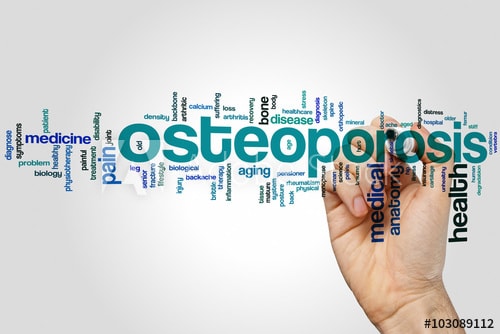
It can affect both males and females but it is most likely to start occurring in women after the age of 35 years and after menopause due to unexpected fall down in estrogen levels which is a hormone that normally protects against osteoporosis. Thus, special care needs to be taken care.
How to find where you have osteoporosis?
There are no specific symptoms of osteoporosis until you get fracture/s even on minor incidents like a cough or sneezing mark that as an advanced stage of osteoporosis. Such fractures can also cause loss of height and you may start to notice your spine have hunch forward. Commonly affected areas are the hip, a wrist, or spinal vertebrae. If your dental x-rays show sign of bone loss it is another signal of osteoporosis.
Thus, every woman should do BMD (bone mass density) test once a year compulsorily it can
save so many lives.
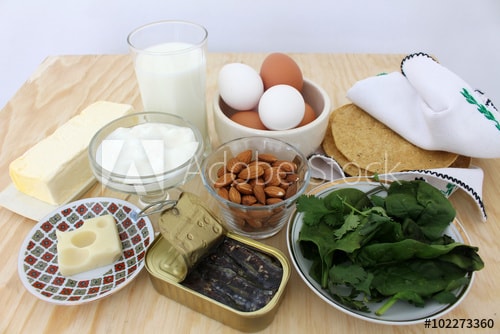
Dietary Tips & Management:
1) Keep your diet balanced in vitamins and minerals like calcium, magnesium, Vitamin K, Vitamin B12, vitamin C and zinc. You can include foods like milk, figs, yoghurt, pineapple, tofu, all green leafy veggies, okra, potatoes, raisins and sesame seeds or oil for cooking purpose. Grab lemon juice, whole orange, amla juice, cranberries or raspberries as vitamin C helps to re-build bones preventing osteoporosis.
2) Take daily morning sunlight between 7 am to 9.30 am at least for 15-20 minutes for Vitamin D which helps in the
absorption of calcium in the body as most of vitamin D does not come from food.
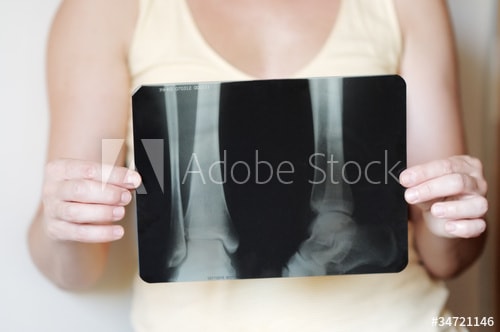
3) Keep your diet moderate in animal protein and low in sodium considering caffeine too (2 cups of tea or coffee is enough) as they may cause
calcium loss.
4) Introduce
boron which a trace mineral that holds on to calcium and acts as building blocks. It is found in apples, pears, grapes, peaches, almonds and peanuts.
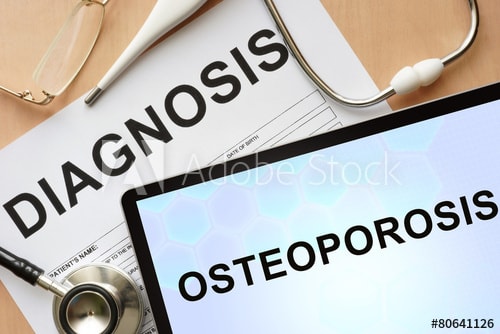
5)
Regular body massage with qualified therapies is recommended for those suffering from osteoporosis. These massage sessions can reduce osteoporosis symptoms helping your muscles relax, and relieving from pain.
6)
Avoid smoking and drinking alcohol as they reduce the growth of new bone and decrease the level of estrogen in women.
7)
Add yoga or strengthening exercises at least thrice a week to promote flexibility and balance which can reduce the risk of fractures.

For people who already have it, consult an expert nutritionist for correct diet along with exercise routine.
For more such interesting stories, follow us on Facebook, Twitter, and Instagram.
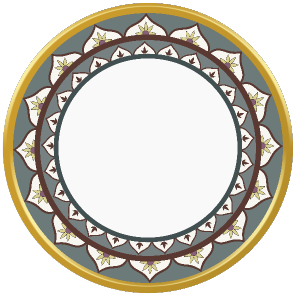
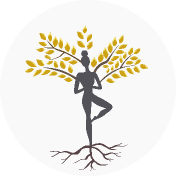


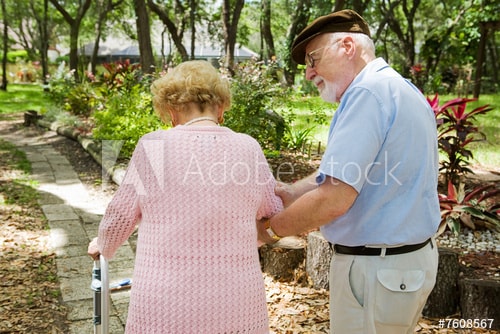
 It can affect both males and females but it is most likely to start occurring in women after the age of 35 years and after menopause due to unexpected fall down in estrogen levels which is a hormone that normally protects against osteoporosis. Thus, special care needs to be taken care.
It can affect both males and females but it is most likely to start occurring in women after the age of 35 years and after menopause due to unexpected fall down in estrogen levels which is a hormone that normally protects against osteoporosis. Thus, special care needs to be taken care.

 3) Keep your diet moderate in animal protein and low in sodium considering caffeine too (2 cups of tea or coffee is enough) as they may cause calcium loss.
4) Introduce boron which a trace mineral that holds on to calcium and acts as building blocks. It is found in apples, pears, grapes, peaches, almonds and peanuts.
3) Keep your diet moderate in animal protein and low in sodium considering caffeine too (2 cups of tea or coffee is enough) as they may cause calcium loss.
4) Introduce boron which a trace mineral that holds on to calcium and acts as building blocks. It is found in apples, pears, grapes, peaches, almonds and peanuts.
 5) Regular body massage with qualified therapies is recommended for those suffering from osteoporosis. These massage sessions can reduce osteoporosis symptoms helping your muscles relax, and relieving from pain.
6) Avoid smoking and drinking alcohol as they reduce the growth of new bone and decrease the level of estrogen in women.
7) Add yoga or strengthening exercises at least thrice a week to promote flexibility and balance which can reduce the risk of fractures.
5) Regular body massage with qualified therapies is recommended for those suffering from osteoporosis. These massage sessions can reduce osteoporosis symptoms helping your muscles relax, and relieving from pain.
6) Avoid smoking and drinking alcohol as they reduce the growth of new bone and decrease the level of estrogen in women.
7) Add yoga or strengthening exercises at least thrice a week to promote flexibility and balance which can reduce the risk of fractures.
 For people who already have it, consult an expert nutritionist for correct diet along with exercise routine.
For more such interesting stories, follow us on Facebook, Twitter, and Instagram.
For people who already have it, consult an expert nutritionist for correct diet along with exercise routine.
For more such interesting stories, follow us on Facebook, Twitter, and Instagram.